Obama's Wing-Woman
As head of the Democratic National Committee, Debbie Wasserman Schultz is tasked with getting the president re-elected. She reveals how she's handling the high-stress job.
Her supporters call her "a strong voice for ordinary people." Her opponents call her a "Chihuahua in high heels." Debbie Wasserman Schultz doesn't care what people say. If she did, she never would have run for office back when she was in her twenties—when politicos said she should wait. At age 26, she became the youngest woman ever to be elected to the Florida state legislature. Now a Congresswoman representing Florida, Schultz, a 44-year-old New York native, is the third woman in history to be named head of the Democratic National Committee, charged with raising funds and campaigning for President Obama's re-election. A married mother of three, she's also a breast-cancer survivor, enduring seven surgeries in 2008—while powering through her workdays and keeping her illness a secret. We talked with Schultz while she was on the road in Florida, "barnstorming through the state," as she says, for President Obama.
The DNC job brings increased scrutiny—and personal attacks. Florida Congressman Allen West recently called you "vile" and "not a lady" when you questioned his politics. How do you cope?
After being in office for 18 years, I've got the skin of an alligator. It's really tough to hurt my feelings at this point. The Republicans are doing their job—and a lot of times I think they make themselves look silly—but I'm focused on my job to make sure I can be the best advocate for the president and for our candidates up and down the ballot. The politics of personal destruction, I think people see it for what it is.
Even your hair gets press, with The New York Times writing about it in a recent fashion feature. Did that surprise you?
No, are you kidding? [LAUGHS] When you have this hair, you don't think people comment on it all the time? My entire life, people have been commenting on my hair. Right from the very beginning, when the wonderful little old ladies told me when I was first running, "Debbie, you know the most important thing you have to do is get a haircut!" My hair was much more wild when I was younger. I took their advice—I changed my hair into a style that was more professional. My hair is an asset. As a politician, it helps me get noticed. It helps me get talked about. It's my trademark. I don't think people would know who I was if I didn't have this hair! A lot of people are just nasty and mean—they have nothing substantive or constructive to say, so they make nasty personal comments, but who cares. I don't think voters really want to hear what political activists think about a political leader's appearance.
Former Congressman Mark Foley is the one ho made that "Chihuahua" comment.
Oh, I heard about that. Consider the source: Last time I checked, he had to resign in disgrace.
With congressional and presidential approval ratings down, what's your plan?
Thanks to the Republicans bringing our economy to the brink, everyone's approval ratings are down. We're not focused on the daily polls—we're focused on getting a job for every American looking for work.
In college at the University of Florida, you studied political science, and were also involved in student government. Did you know then that you wanted to go into politics?
When I got involved in student government, it was like I got hit by a lightning bolt. The realization that I could spend my professional life helping to make other people's lives better was incredibly meaningful for me. When I graduated, I became an assistant to a legislator. In 1992, he was running for Congress, and he encouraged me to run for his spot in the state legislature. He said there's no time like the present: You should run now. I had expected to run in the same path that women usually would run—after I got married and had kids and got a little older. I was 25. I had been married for a year, and my husband and I had just bought our first house—we had a few things going on! I had no money. But my husband, who will always be known as "Saint Steve" to me, said to go for it. I went to the powers that be—the boys' network that still is alive and well—and they weren't in the least bit encouraging. They said, "It's not your time." But I felt like I had a lot of ideas that were important, and that my generation was underrepresented. So I spent six months walking, 18 hours a day, seven days a week, knocking on 25,000 doors. I made up in shoe leather what I lacked in resources. I won the general election with 54 percent of the votes.
Now, nearly two decades later, you're being called a "new generation of Power Mom." How do you do it all?
[LAUGHS] That's a question men never get asked! You know, I just do it. I'm like any mom who's balancing work and family. It goes back to my parents: I was raised to believe to that I could be a good parent and a good professional and that balance was possible. Fortunately for me, I married a wonderful guy who understands that parenting is a partnership. We do everything together. We have a division of labor that works for our family. And I have learned over the years not to be afraid to ask for help. Some professional women have a lot of angst if somehow they acknowledge that they can't do it all by themselves. There's no way I could do it all by myself and still do a good job in my professional life.
Stay In The Know
Get exclusive access to fashion and beauty trends, hot-off-the-press celebrity news, and more.
In 2008, you had multiple surgeries for breast cancer. But you mostly kept it to yourself…
Yes, within a quarter of a year I had seven surgeries—I had a double mastectomy, I had my ovaries removed, I had reconstructive surgery and other various surgeries. I didn't share it publicly, except with a very close circle of friends and family and my staff, because I didn't want people to decide for me what I was capable of doing. I knew people would be well-meaning, and I knew they would say, "No I can't ask Debbie to do that because she's got breast cancer," and, you know, I wanted to control what I would do. We scheduled the surgeries and all that stuff during Congressional recesses. And another important thing—really more important—is that I didn't want to scare my kids. Cancer is very scary thing for young children. My kids were 4 and 5 and 9, and I didn't want them to worry that they would lose their mom. I planned to tell them once I was all done with everything and to let them know that I was going to be OK.
That's an incredible story, especially given the physical and emotional toll of breast cancer. I like how you just thought, "Oh, there's this little hurdle. I need to get through it and keep moving!"
That's exactly the approach I took: "All right. Just tell me what I need to do. I'll go do it and let's move on." It was important that I didn't miss any work. Now the outlook is good.
That's fantastic. So, how many hours of sleep do you get each night?
Probably about five. That's all I've really got time for. Fortunately I don't need that much sleep.
What are you most proud of in your career?
My top priority legislatively has been taking care of children. I passed the Protect Our Children Act, which focuses on Internet safety and going after child predators online. Also swimming-pool safety legislation—I've been championing that for years. As a breast-cancer survivor, I passed the Early Act—the Education and Awareness Requires Learning Young Act—into law, as part of health-care reform, because young women are really like the redheaded stepchild of breast cancer. It's considered an older women's disease, but there are a large number of young women—25,000 every year under 45—who are diagnosed with breast cancer. So it was important to educate them about the risk and to help health-care providers understand that you've got to take them seriously.
You're friends with Gabby Giffords—what was it like to see her back in Congress for the recent vote debt-ceiling bill?
It was absolutely incredible. You know, I'm so proud of her. She's fighting so hard to recover and come back, and she's made tremendous progress. It was really incredible. I was so glad to help her and walk her into the chamber and see the members, who were very crabby and cranky after a long hard-fought battle. They were reminded what our service is all about.
Abigail Pesta is an award-winning investigative journalist who writes for major publications around the world. She is the author of The Girls: An All-American Town, a Predatory Doctor, and the Untold Story of the Gymnasts Who Brought Him Down.
-
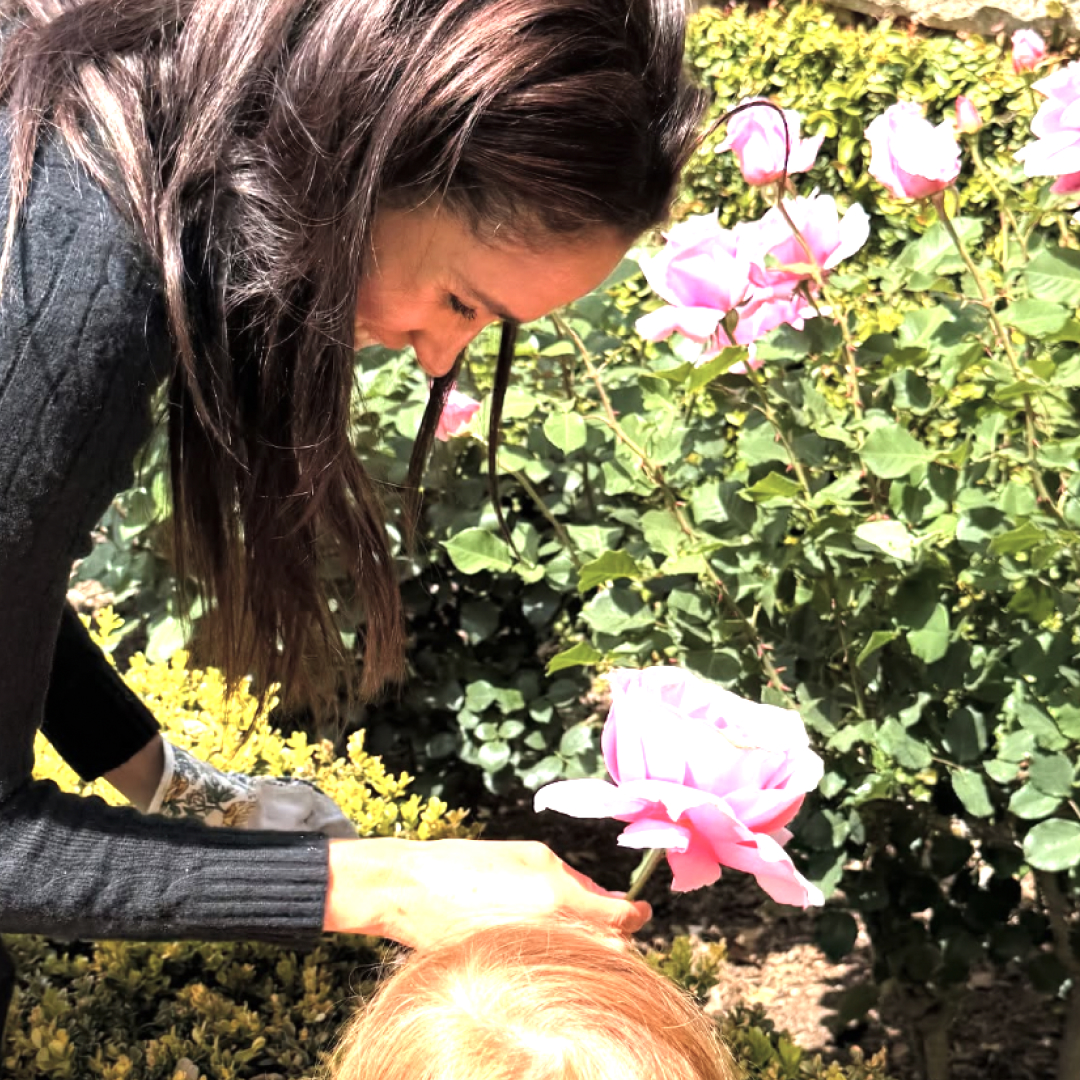 Meghan Shares Photos of Archie and Lilibet's Vibrant Red Hair
Meghan Shares Photos of Archie and Lilibet's Vibrant Red HairThe little royals most definitely take after dad Prince Harry.
By Amy Mackelden
-
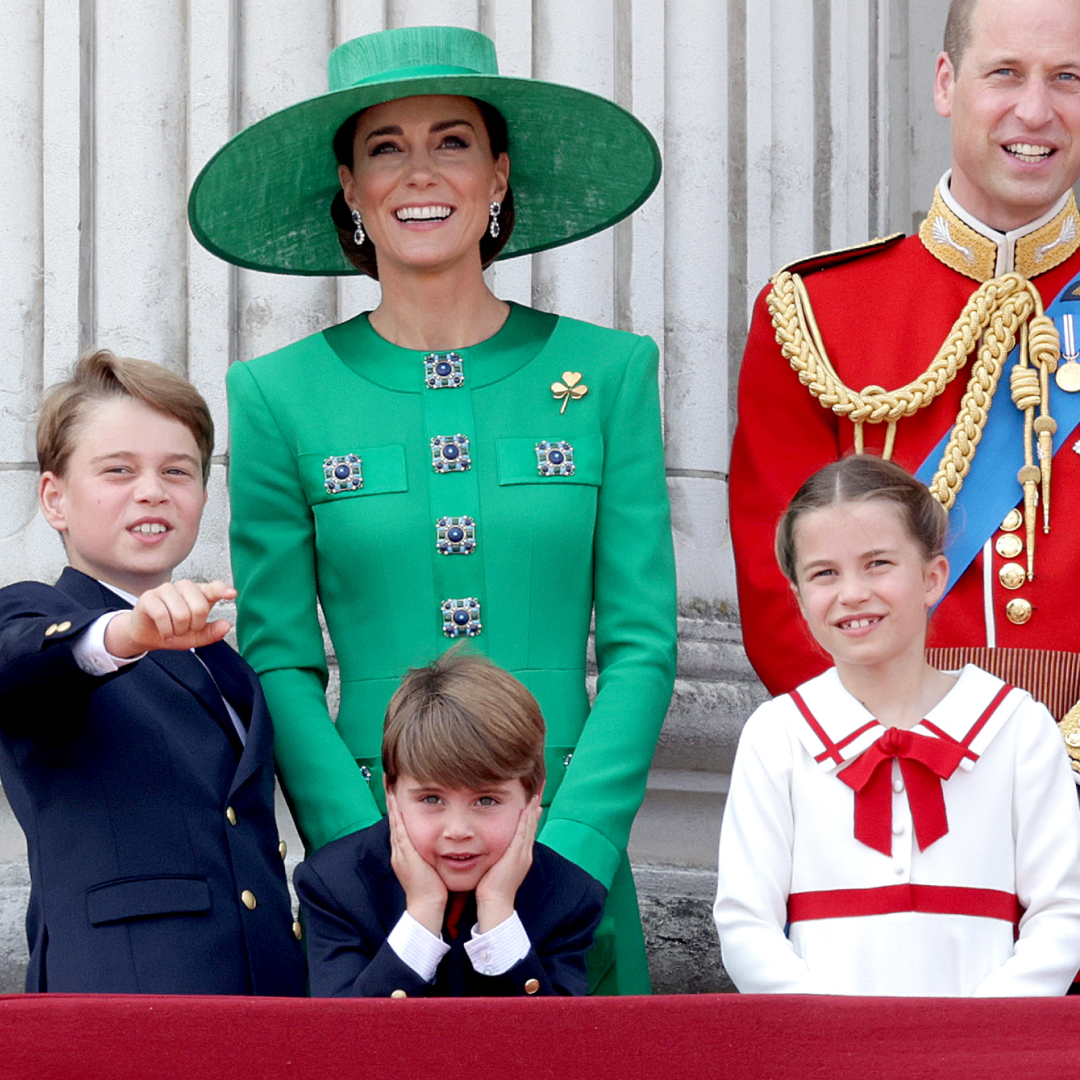 Former Royal Nanny Opens Up About George, Charlotte, and Louis
Former Royal Nanny Opens Up About George, Charlotte, and Louis"You see how grounded they really are."
By Amy Mackelden
-
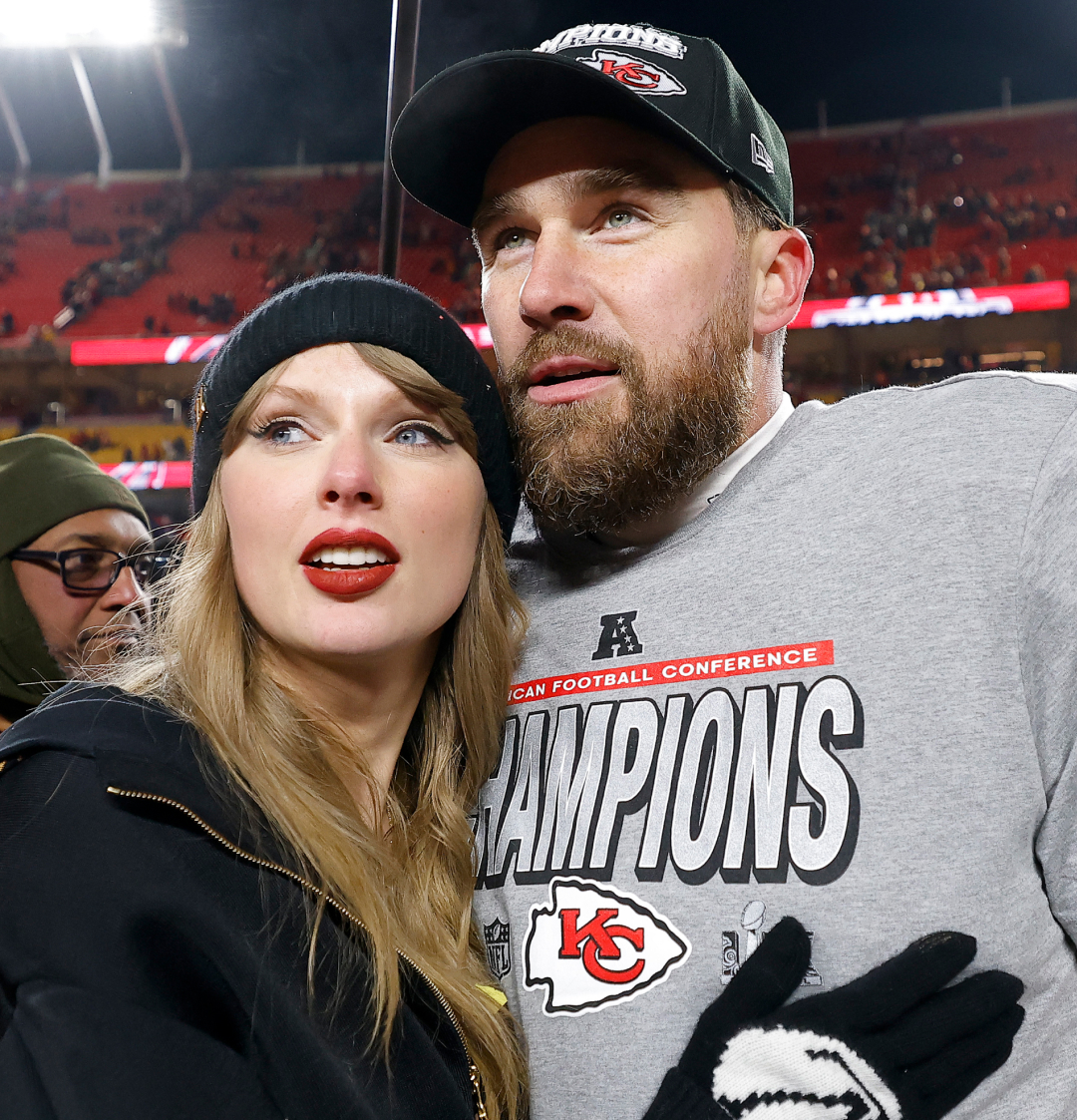 Travis Kelce Emerges in Las Vegas Without Taylor Swift
Travis Kelce Emerges in Las Vegas Without Taylor SwiftThe "Blank Space" singer was nowhere to be seen.
By Amy Mackelden
-
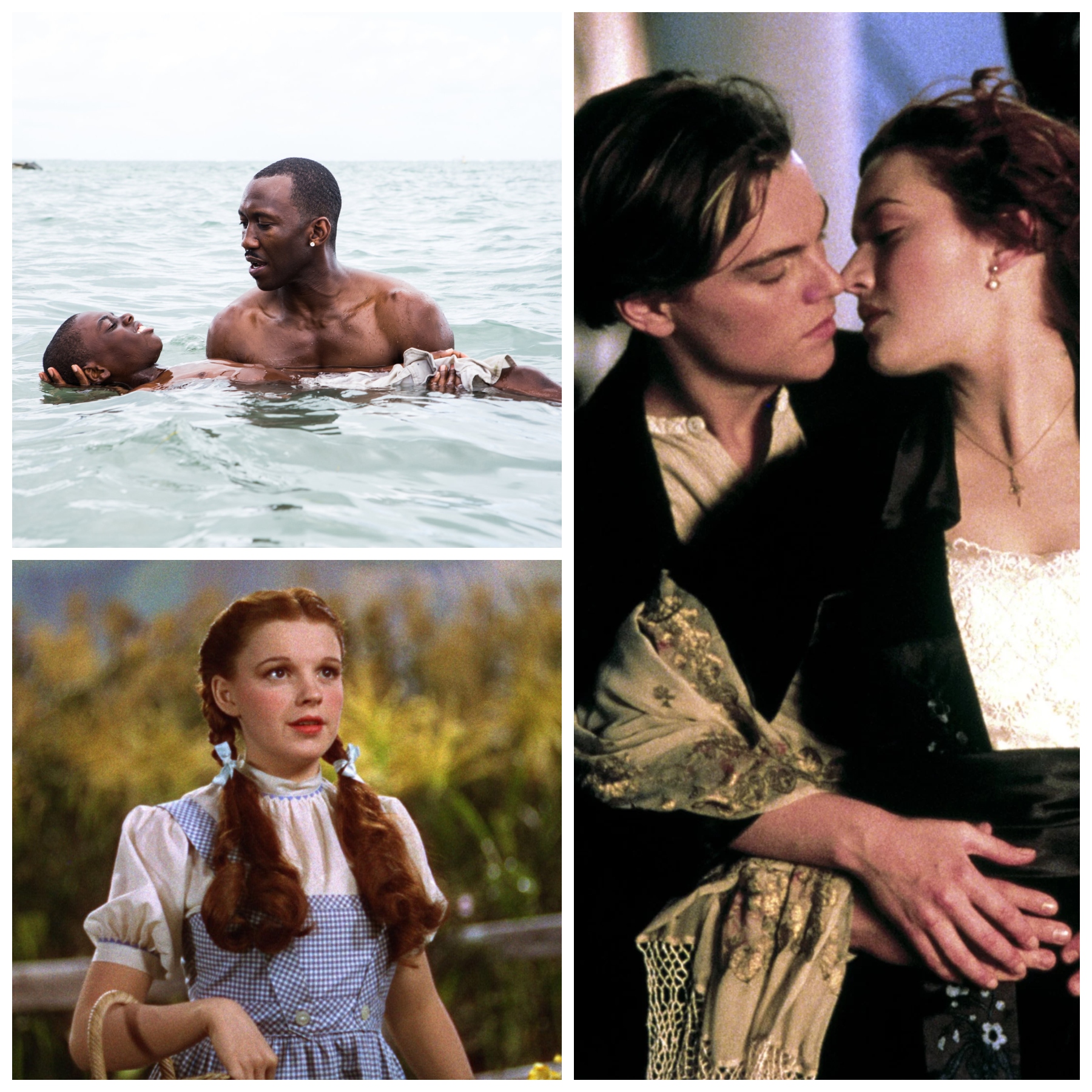 The 100 Best Movies of All Time: The Ultimate Must-Watch Films
The 100 Best Movies of All Time: The Ultimate Must-Watch FilmsWe consider these essential viewing.
By Quinci LeGardye
-
 The Best Bollywood Movies of 2023 (So Far)
The Best Bollywood Movies of 2023 (So Far)Including one that just might fill the Riverdale-shaped hole in your heart.
By Andrea Park
-
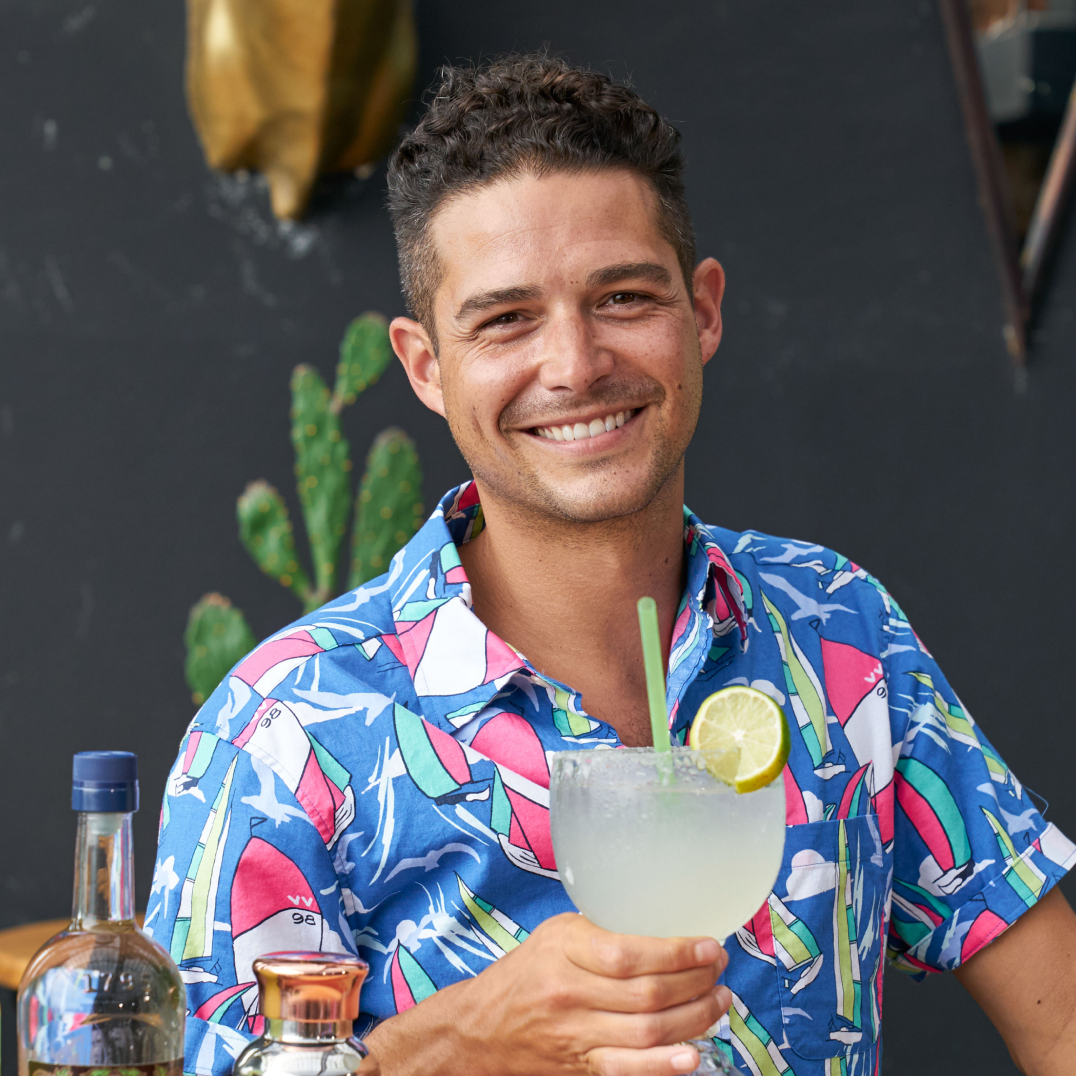 ‘Bachelor in Paradise’ 2023: Everything We Know
‘Bachelor in Paradise’ 2023: Everything We KnowCue up Mike Reno and Ann Wilson’s \201cAlmost Paradise."
By Andrea Park
-
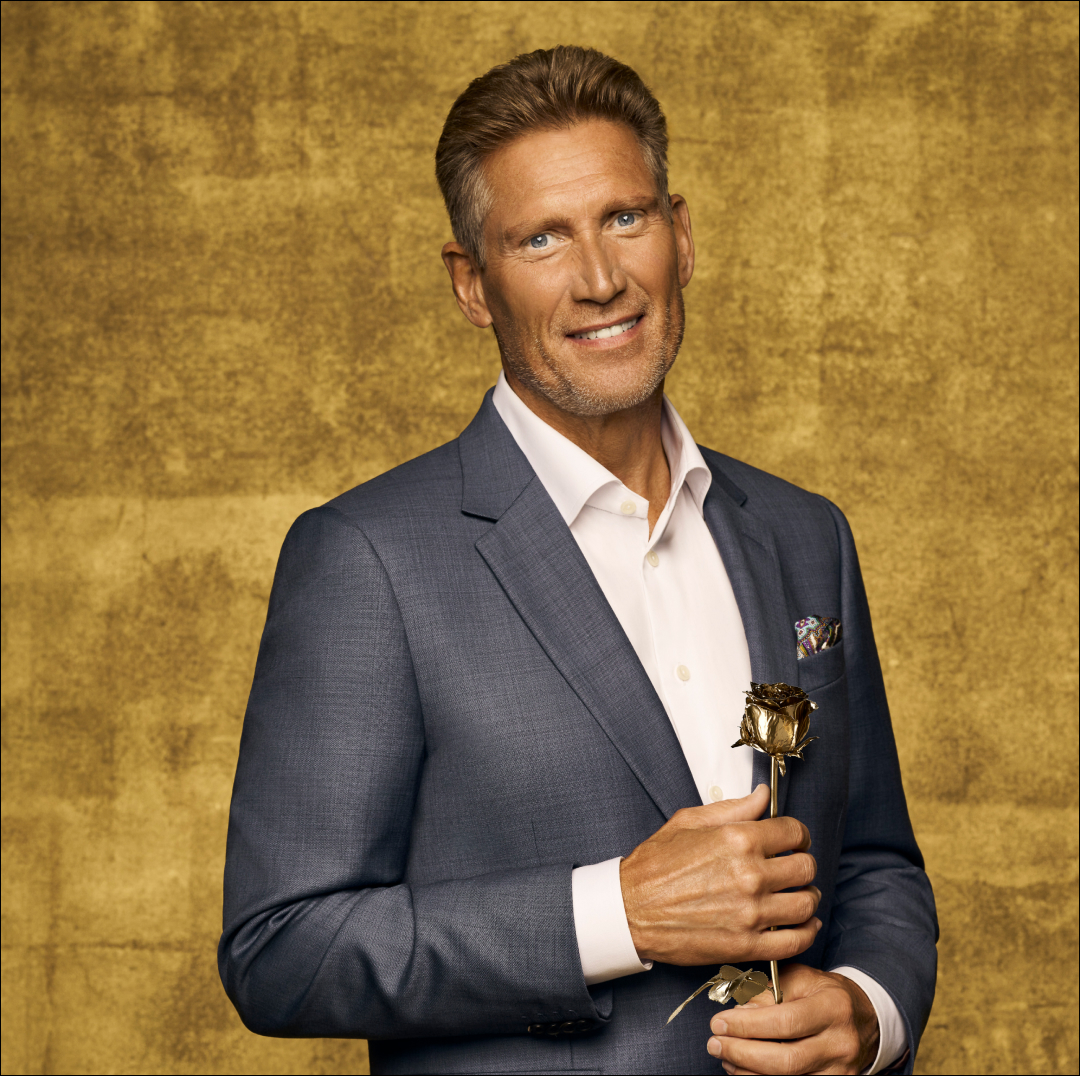 Who Is Gerry Turner, the ‘Golden Bachelor’?
Who Is Gerry Turner, the ‘Golden Bachelor’?The Indiana native is the first senior citizen to join Bachelor Nation.
By Andrea Park
-
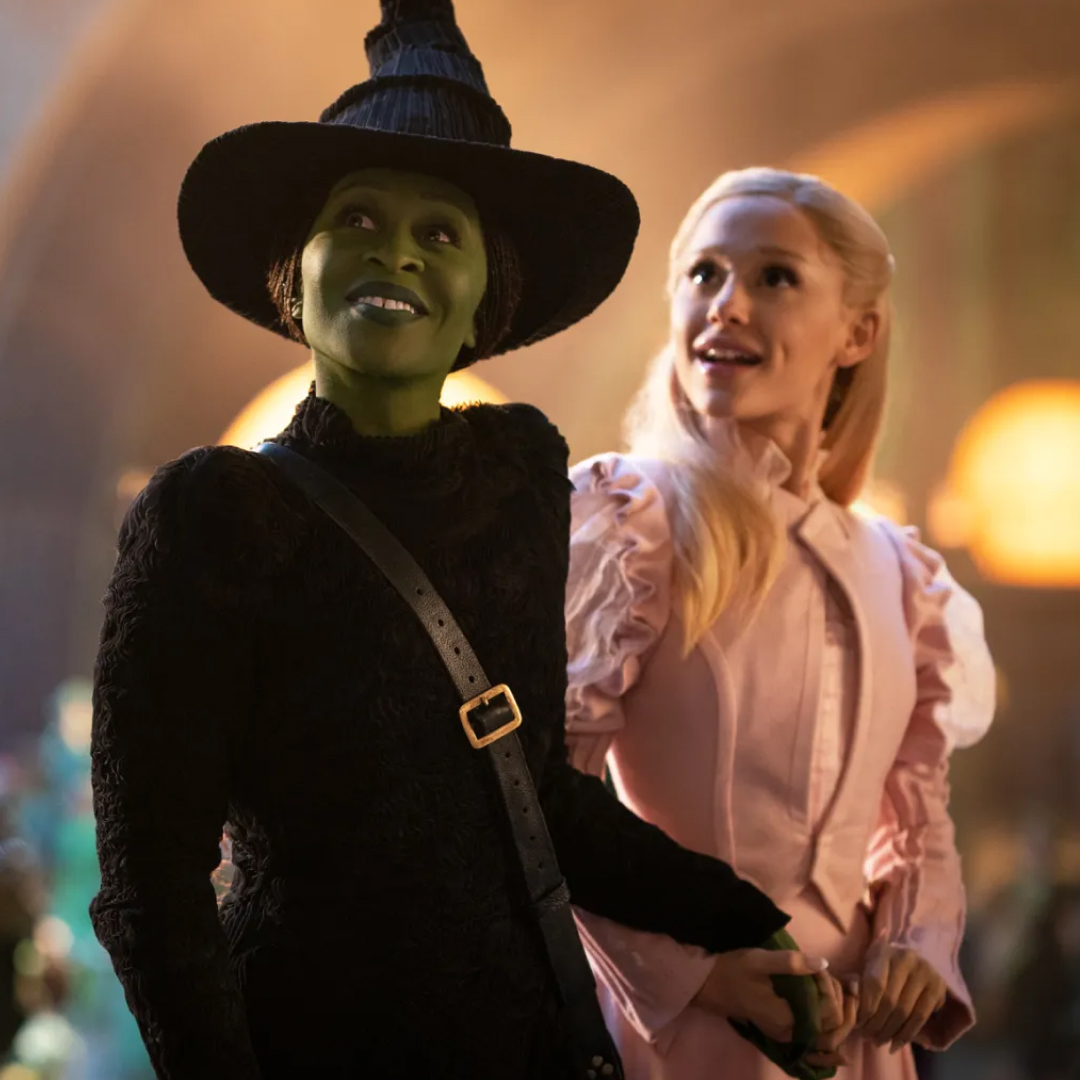 The 50 Best Movie Musicals of All Time
The 50 Best Movie Musicals of All TimeAll the dance numbers! All the show tunes!
By Amanda Mitchell
-
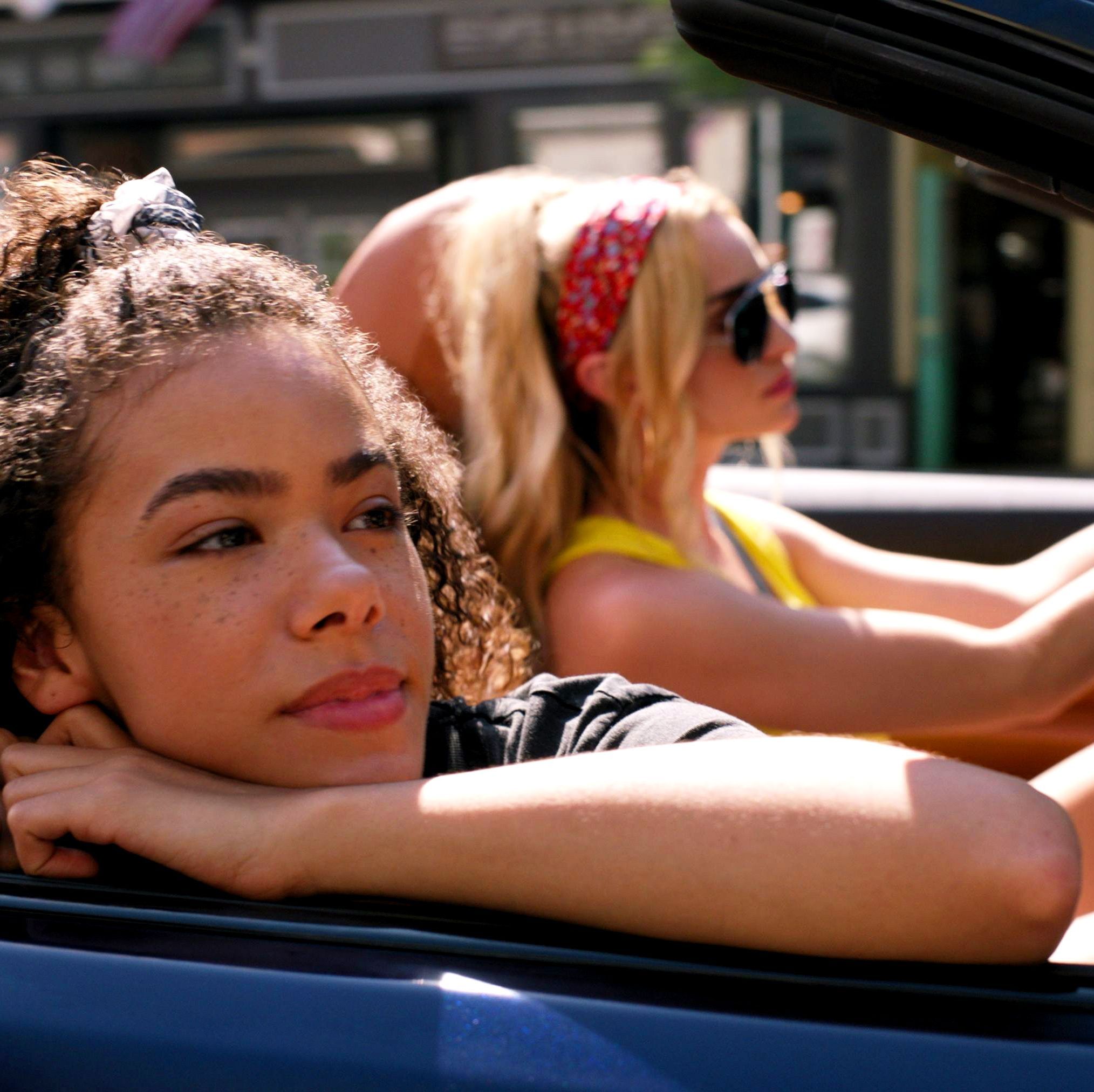 'Ginny & Georgia' Season 2: Everything We Know
'Ginny & Georgia' Season 2: Everything We KnowNetflix owes us answers after that ending.
By Zoe Guy
-
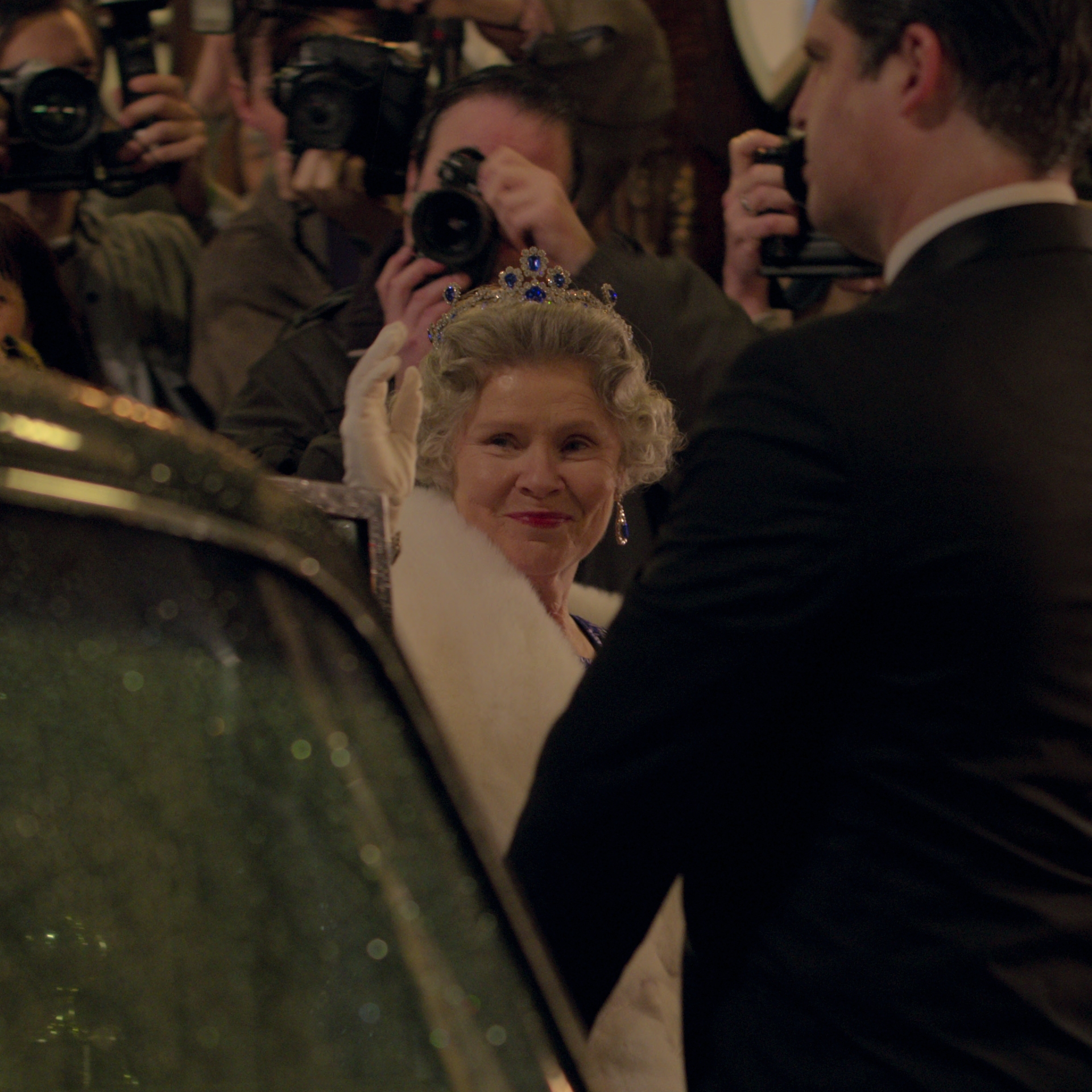 The Cast of 'The Crown' Season 5: Your Guide
The Cast of 'The Crown' Season 5: Your GuideFeatures The Mountbatten-Windsors have been recast—again.
By Andrea Park
-
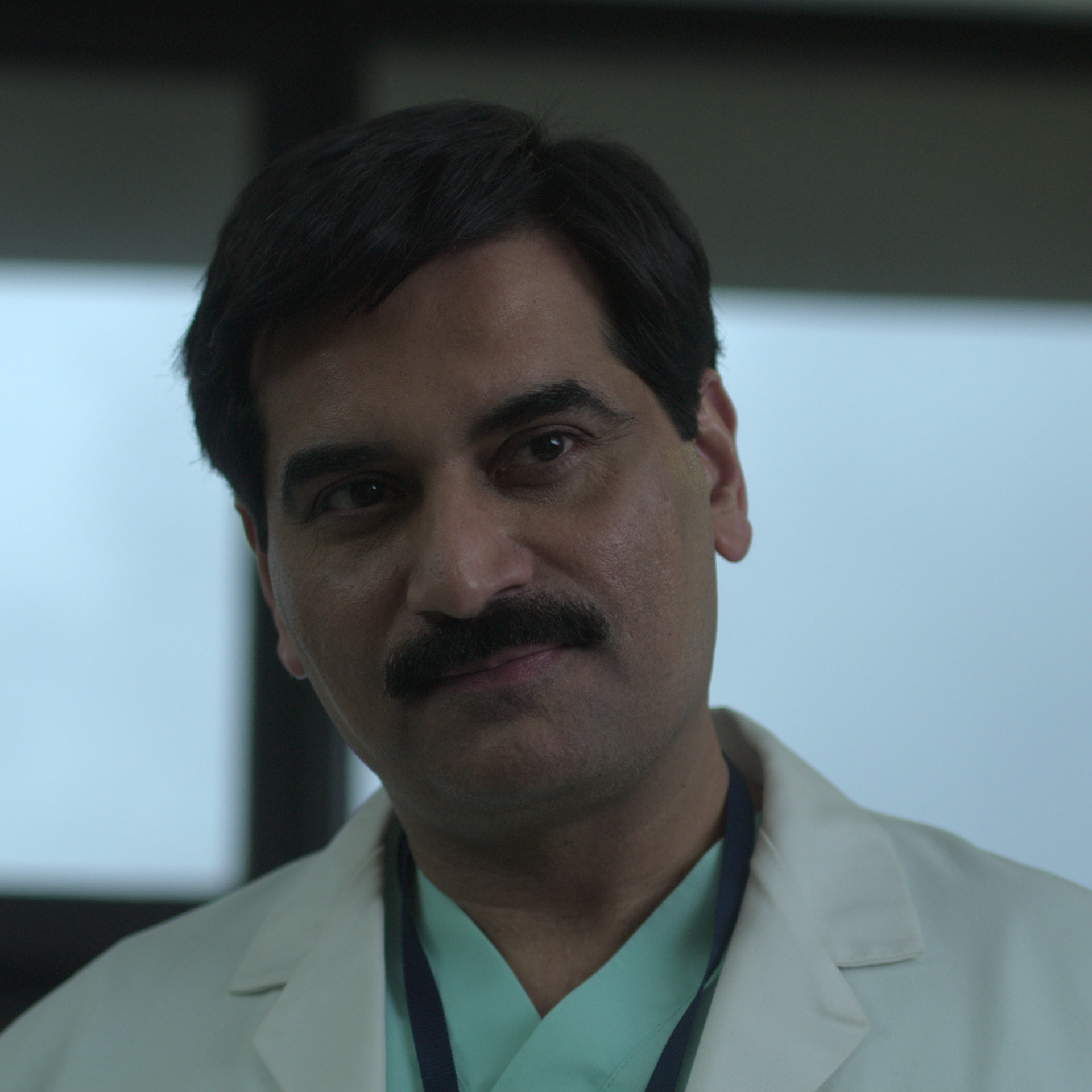 Who Is Hasnat Khan, Princess Diana’s Boyfriend on Season 5 of ‘The Crown’?
Who Is Hasnat Khan, Princess Diana’s Boyfriend on Season 5 of ‘The Crown’?Features Di’s friends have said she referred to the doctor as \201cthe love of her life.\201d
By Andrea Park